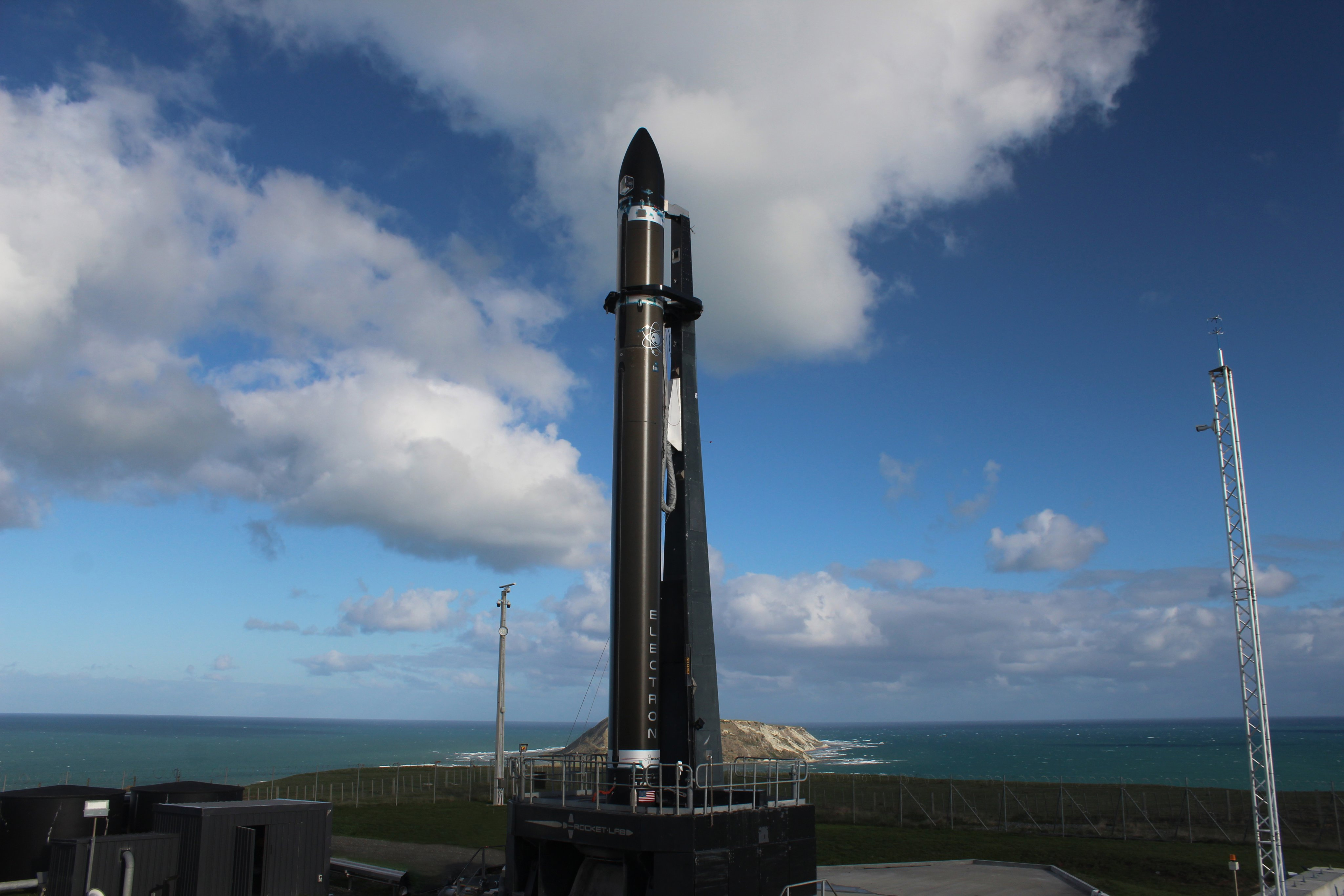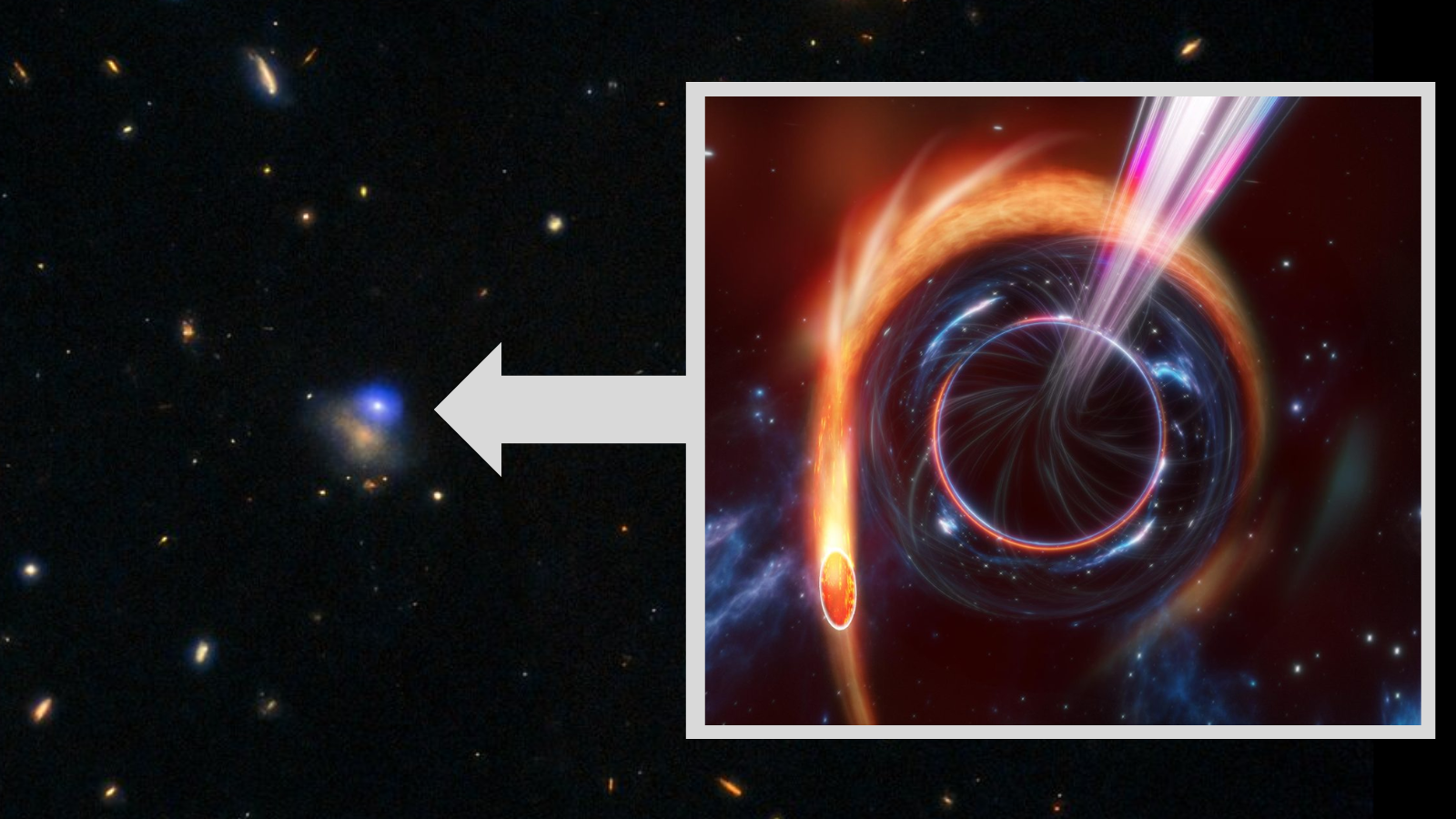Rocket Lab to launch satellites for US spysat agency and NASA Saturday. Here's how to watch.
The launch comes after months of delays due to COVID-19.

Update at 8 a.m. EDT on June 11: Rocket Lab is now targeting Saturday, June 13, to launch the "Don't Stop Me Now" mission due to delays from high winds. This story has been updated with that new date.
The launch company Rocket Lab will launch five small satellites for NASA, a U.S. spy satellite agency and universities early Saturday (June 13) and you can watch it live online.
An Electron rocket will launch the mission, called "Don't Stop Me Now" after a song by the rock band Queen, at 12:43 a.m. EDT (0443 GMT) from Rocket Lab's Launch Complex 1 on the Mahia Peninsula of New Zealand. The flight, originally scheduled for March 30, has been delayed over two months due to closures from the ongoing COVID-19 pandemic. High winds delayed a launch attempt on Thursday (June 11) and prompted Rocket Lab to skip a Friday liftoff try.
You can watch the launch live here and on the Space.com homepage, courtesy of Rocket Launch, about 20 minutes before launch. Rocket Lab has a nearly two-hour launch window for the mission that ends at 2:32 a.m. EDT (0632 GMT), so the webcast could begin any time in that window. You can watch the launch directly from Rocket Lab here.
Related: Rocket Lab and its Electron booster (photos)
"We gave it our best shot, but today the winds won.," Rocket Lab CEO Peter Beck wrote on Twitter early Thursday.
"Don't Stop Me Now" is a rideshare mission carrying multiple satellites into orbit for three different customers.
Breaking space news, the latest updates on rocket launches, skywatching events and more!
More high winds are headed towards LC-1 tomorrow, so we’re going to wait for them to clear before we get back on the pad for the #DontStopMeNow mission. Launch is now targeted for no earlier than 04:43, 13 June UTC. NZT: 16:43 (13 June)ET: 00:43 (13 June)PT: 21:43 (12 June) pic.twitter.com/AF5kabJv0fJune 11, 2020
First, there are three different payloads built for the U.S. National Reconnaissance Office (NRO), the agency responsible for space-based reconnaissance of Earth. While details are scant on exactly what those craft will do in orbit, the mission is the second NRO launch by Rocket Lab. (The first was the launch of NROL-151 in January.)
"This is the 2nd launch under NRO's Rapid Acquisition of a Small Rocket (RASR) contract vehicle, which enables our exploration of new launch opportunities for smallsats through a streamlined, commercial approach," NRO officials wrote on Twitter. "Under this approach, RASR allows the NRO to have a path to greater launch resiliency and responsiveness. By leveraging commercial space launch capabilities where possible, the NRO can put space capabilities on orbit in a cost-effective manner."
Our 2nd mission of 2020 is set for NET June 11 UTC! The "Don't Stop Me Now" mission, in partnership with @RocketLab, will launch from Launch Complex 1 on Mahia Peninsula, New Zealand! 1/(Image courtesy of Rocket Lab) pic.twitter.com/seBHL039ADJune 3, 2020
"Don't Stop Me Now" will also launch ANDESITE (short for Ad-Hoc Network Demonstration for Extended Satellite-Based Inquiry and Other Team Endeavors) for NASA's CubeSat Launch initiative. ANDESITE is a small satellite built by students at Boston University to study Earth's magnetic field, according to a Rocket Lab description.
A third payload, the M2 Pathfinder satellite, will also ride to orbit on "Don't Stop Me Now." The mission is a collaboration between the University of New South Wales, Canberra Space and the Australian government, according to Rocket Lab.
"The satellite will demonstrate the ability of an onboard software-based radio to operate and reconfigure while in orbit," Rocket Lab said of the M2 Pathfinder craft.
Unlike recent Rocket Lab flights, in which the company tested new technologies for future Electron booster retrievals after launch, no recovery tests are planned for this mission. Rocket Lab is hoping to begin recovering the first stage of its Electron boosters for eventual reuse by capturing them mid-air using a helicopter and parachutes.
The company's "Don't Stop Me Know" mission is named to honor Rocket Lab board member Scott Smith, a dedicated Queen fan who died in February, according to the New Zealand Herald. Queen's song of the same name was reportedly Smith's favorite, the Herald stated.
- What's next for Rocket Lab? A Q&A with CEO Peter Beck
- Rocket Lab launches satellite for US spysat agency
- Rocket Lab's 'Rosie' the robot can build a booster in just 12 hours
Email Tariq Malik at tmalik@space.com or follow him @tariqjmalik. Follow us @Spacedotcom, Facebook and Instagram.
OFFER: Save 45% on 'All About Space' 'How it Works' and 'All About History'!
For a limited time, you can take out a digital subscription to any of our best-selling science magazines for just $2.38 per month, or 45% off the standard price for the first three months.

Tariq is the award-winning Editor-in-Chief of Space.com and joined the team in 2001. He covers human spaceflight, as well as skywatching and entertainment. He became Space.com's Editor-in-Chief in 2019. Before joining Space.com, Tariq was a staff reporter for The Los Angeles Times covering education and city beats in La Habra, Fullerton and Huntington Beach. He's a recipient of the 2022 Harry Kolcum Award for excellence in space reporting and the 2025 Space Pioneer Award from the National Space Society. He is an Eagle Scout and Space Camp alum with journalism degrees from the USC and NYU. You can find Tariq at Space.com and as the co-host to the This Week In Space podcast on the TWiT network. To see his latest project, you can follow Tariq on Twitter @tariqjmalik.

